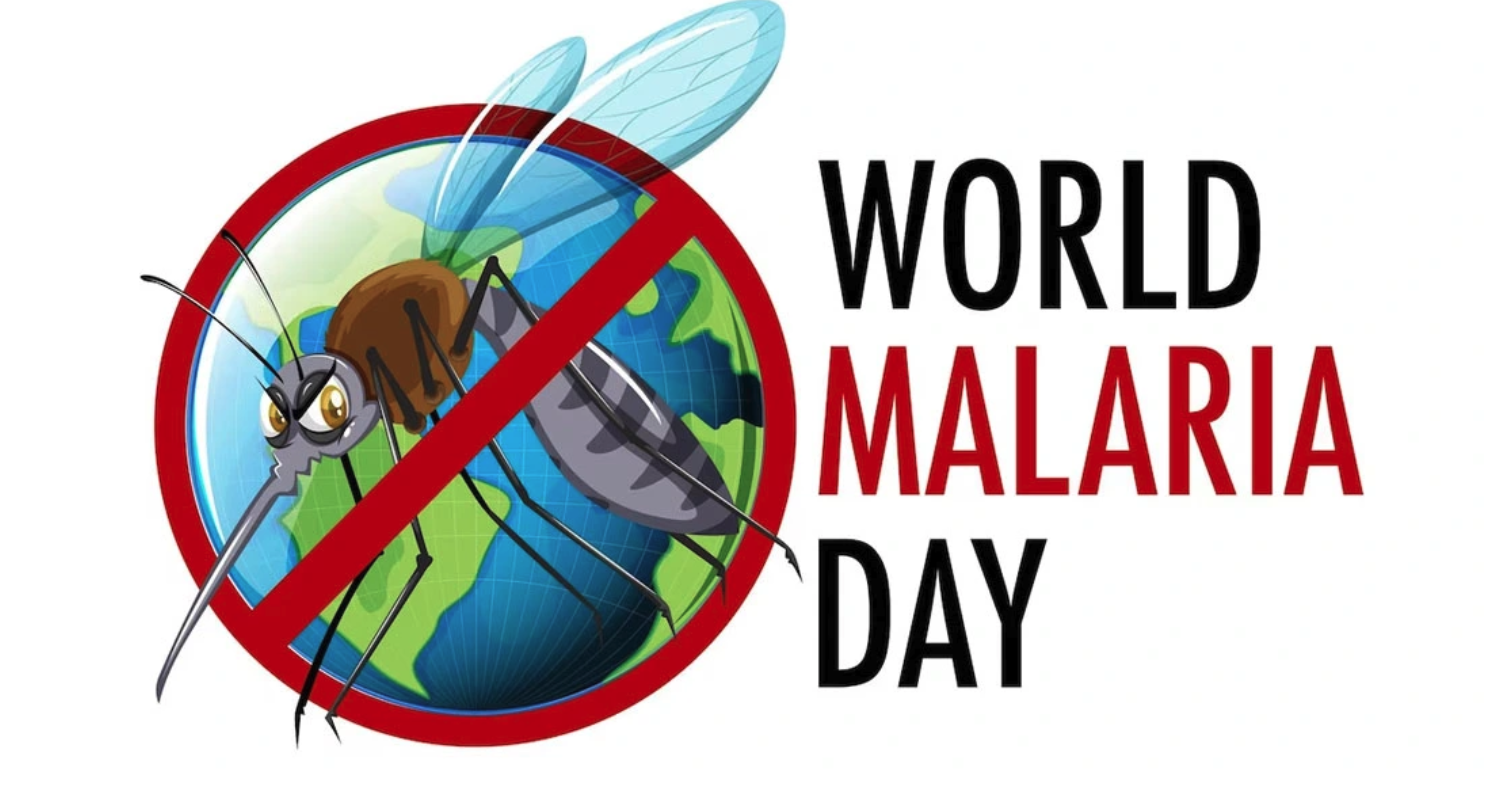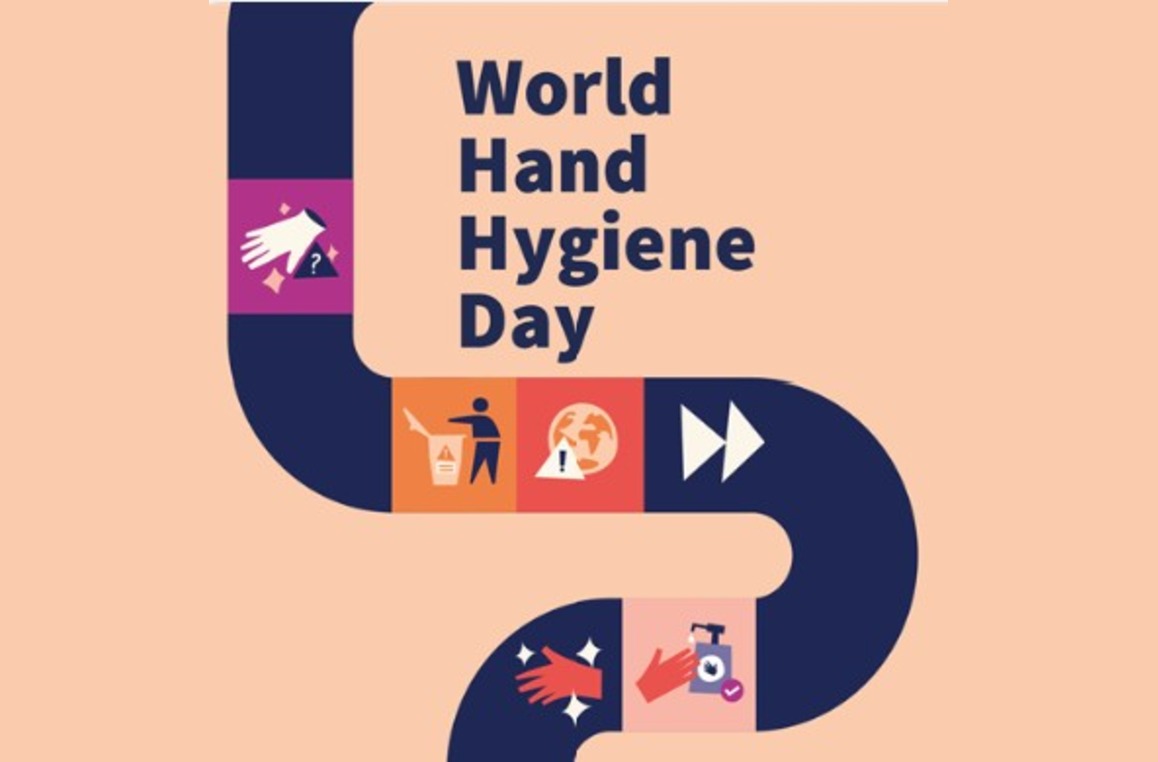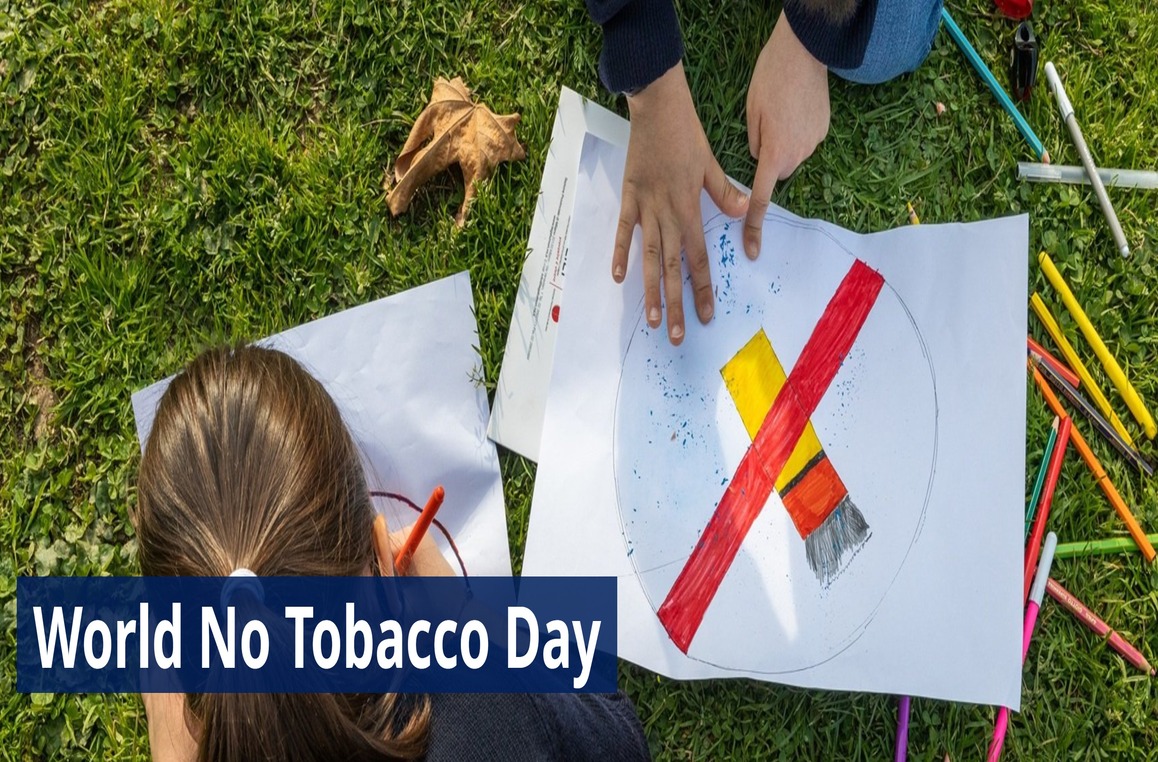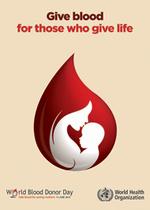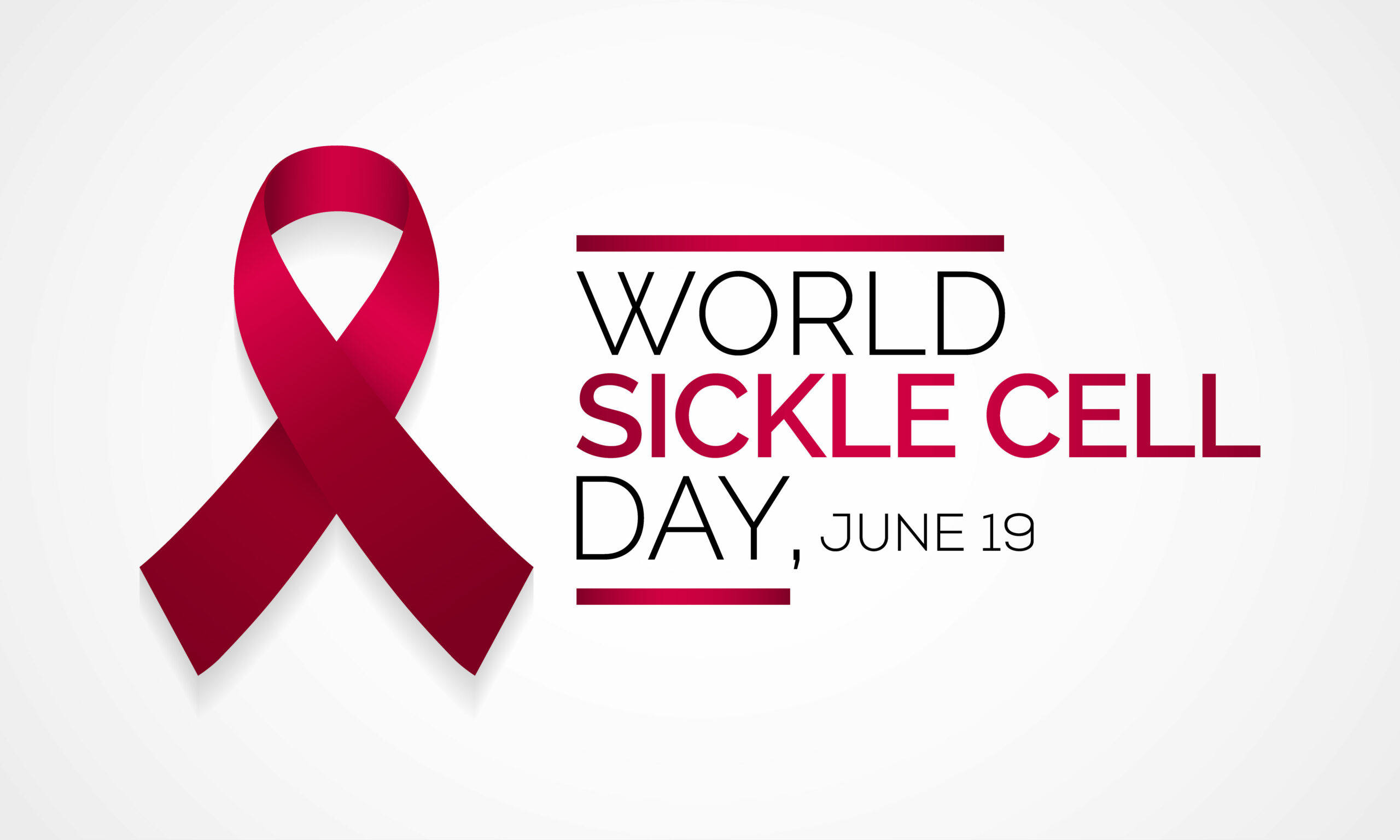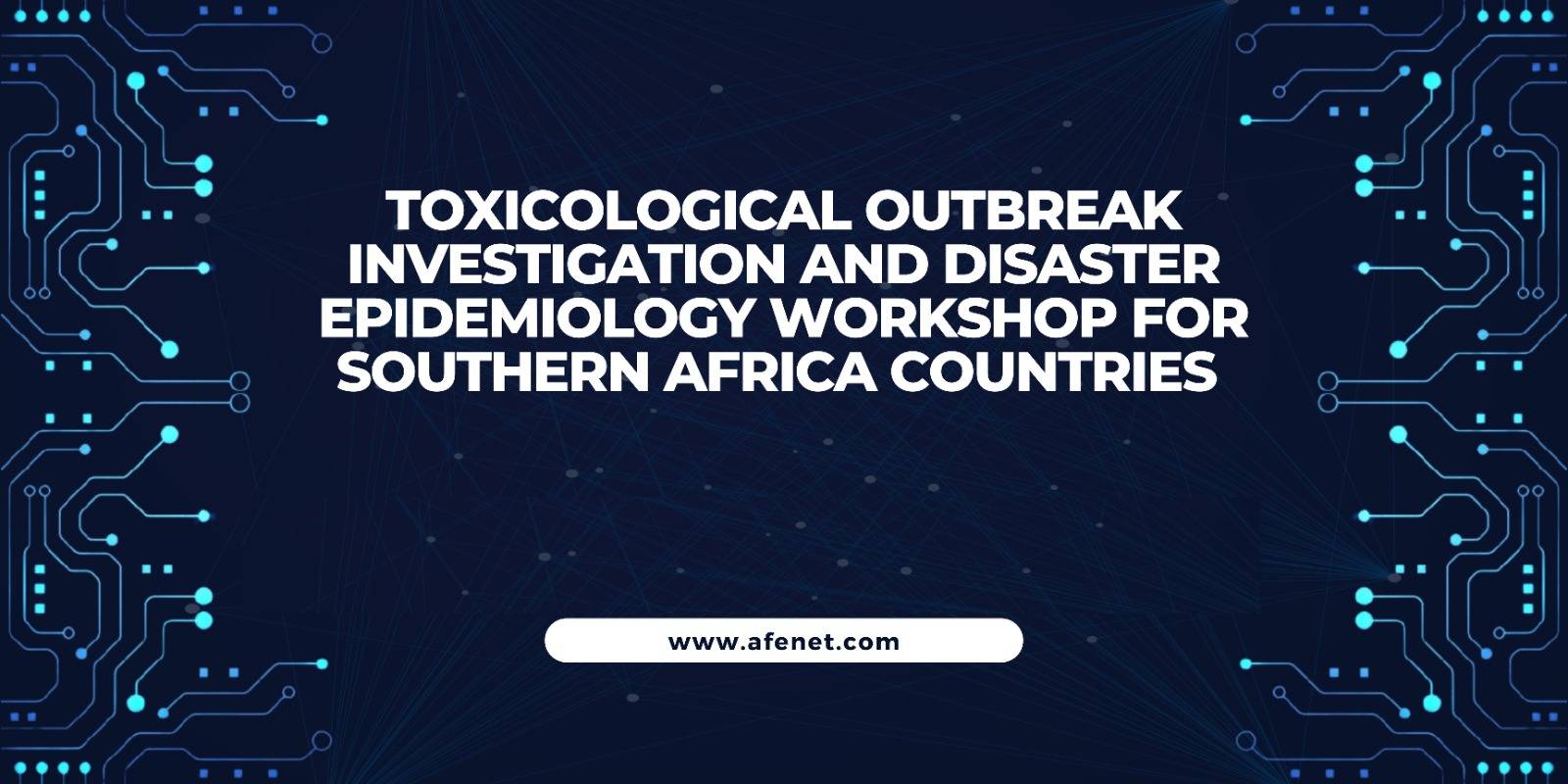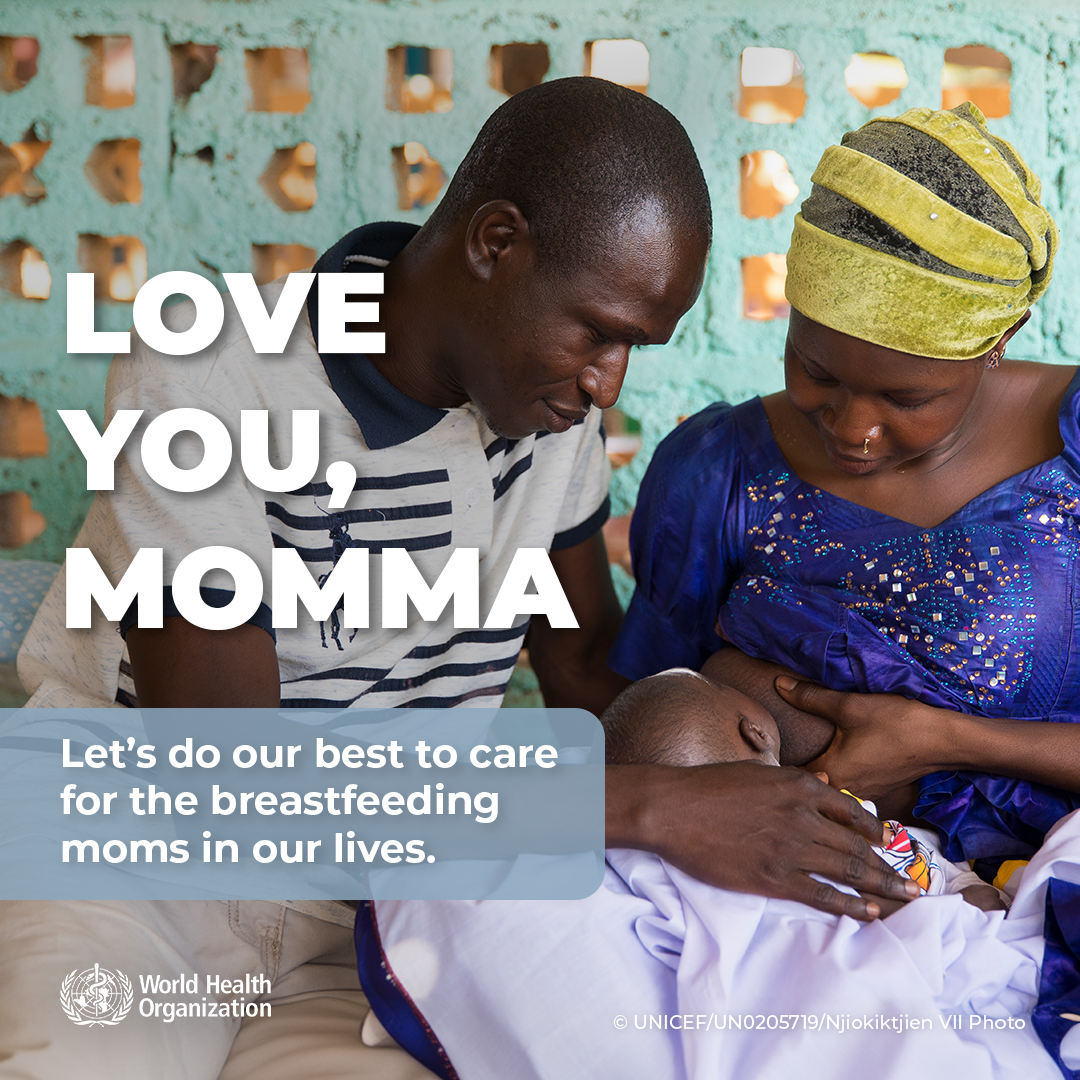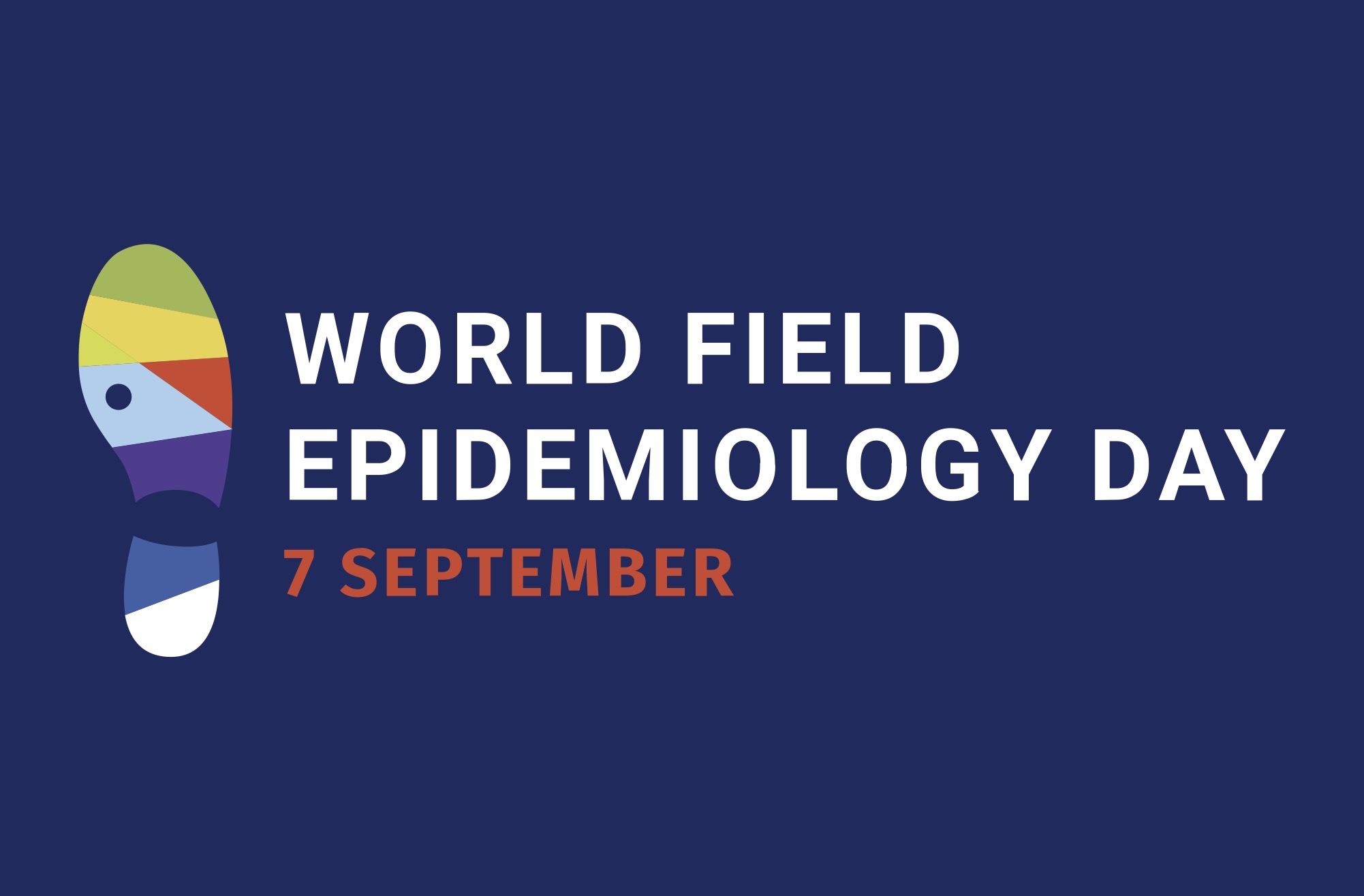World Malaria Day
25 April is World Malaria Day. The day is an occasion to highlight the need for continued investment and sustained political commitment for malaria prevention and control. It was instituted by WHO Member States during the World Health Assembly of 2007. Learn more.

